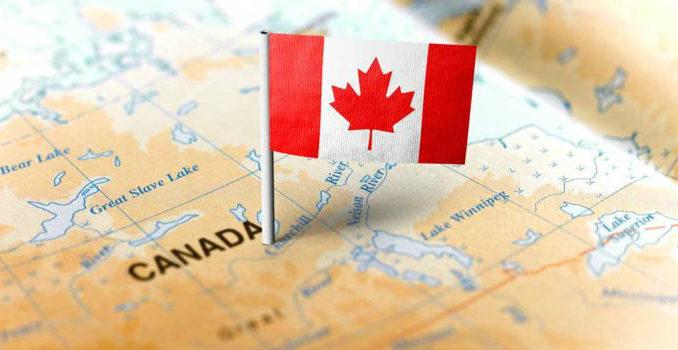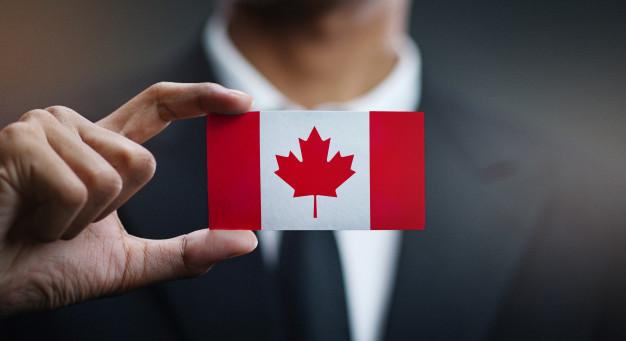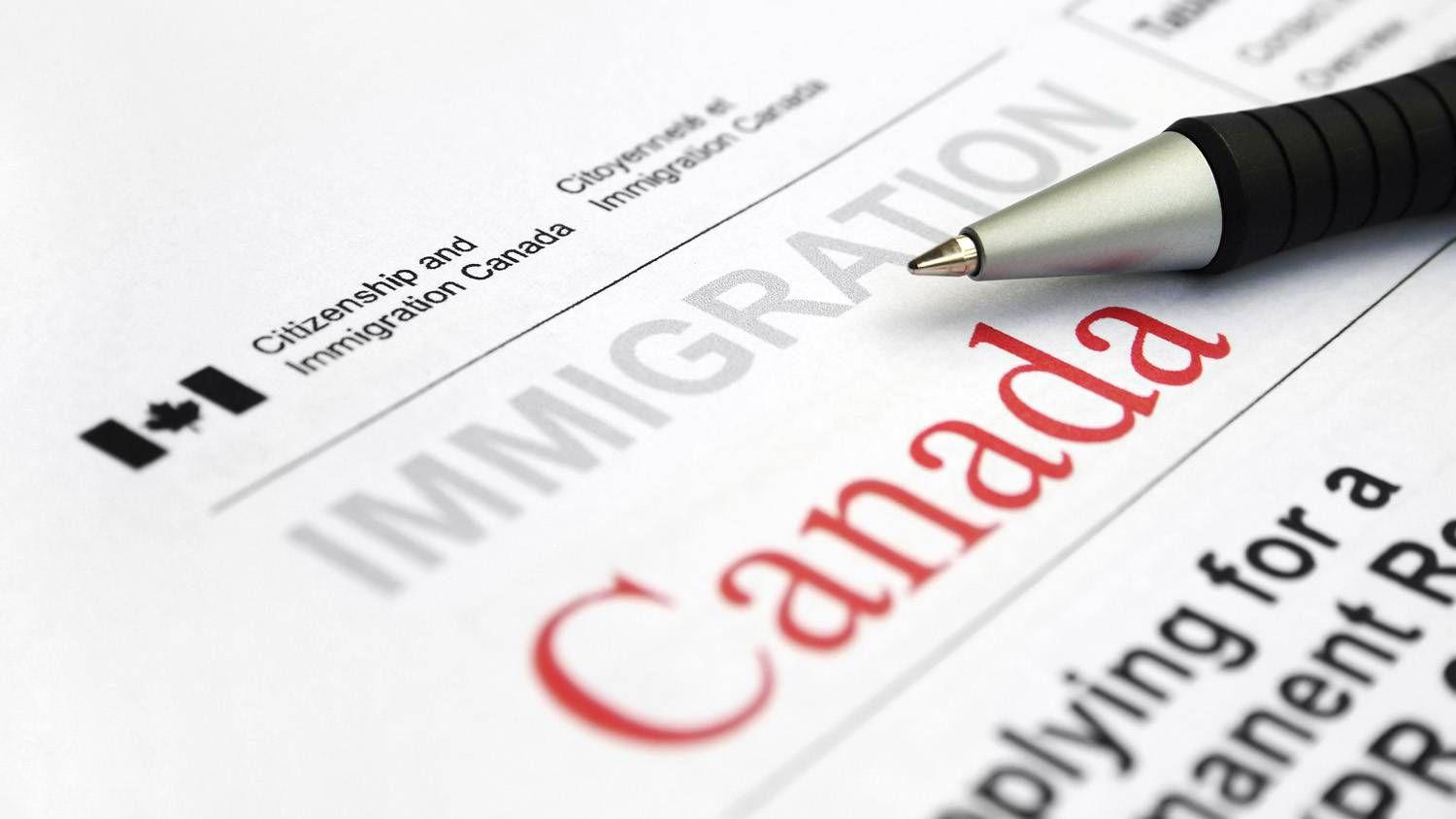Struggling in your home to kill time due to lockdown? The authorities are trying to create a better environment by safeguarding us and thus, we must act responsibly! So, let’s make the best use of your stay at home period!
As you must know that your IELTS score is one the crucial factors affecting your Express Entry CRS score, it is important that you utilize the best resources to achieve best results for the language test. Sometimes, we struggle more to prepare for the IELTS exam, and many of us even find it overwhelming. The core concept you need to understand is, your willingness and efforts to learn, builds a foundation for your learning goals.
While there are various learning resources online, narrowing it down to the best options can be equally confusing. It is recommended to practice using workbooks and textbooks so you are well aware of your pattern, and it helps you overcome your drawbacks.
Take note of the preparatory books and online resources, which will help you work towards improving your IELTS score with significant results.
1. Barron’s IELTS Superpack
Just as the name suggests, the Superpack has all the necessary Barron’s IELTS materials in one! It comes with IELTS manual, CD, and practice exams with two audio CDs, including helpful strategies and tips, and essential words for IELTS Mp3 CD. This way, you will be familiar with American English, helping you enhance your listening and speaking skills.
You can get this Barron’s IELTS Superpack here
2. The Official Cambridge Guide to IELTS
This Cambridge’s IELTS Guide is a good resource for both academic and general IELTS training, offering you the best tips and advice, recommended by high score achievers in the previous IELTS training, giving explanations on the sure shot ways to achieving high scores. It is better to practice eight official practice tests, with step-by-step guide assisting you in each section of the test. You will be able to get the audio and video for the listening and speaking exercises and the practice tests.
You can get the Official Cambridge Guide to IELTS here
3. New Insight Into IELTS
New Insight into IELTS provides best practice for IELTS, as it explores the test paper, looking at specific task type, helping you build language skills and test techniques. It contains detailed introduction to the test, and full answer key, which is suitable for classroom study as well as self-study. The materials covered in this book are targeted for students with band score of 6 and is good for both academic and general training candidates.
You can get the New Insight into IELTS here
4. Cambridge IELTS 14
Cambridge IELTS 14 prepares you for IELTS exam by allowing you to practice the real exam questions with its guide. It contains four of the authentic IELTS examination papers from the Cambridge Assessment English, which makes a best practice material. Students also have access to downloadable audio to prepare for the listening test. Students will be working partly or entirely on their own, making this book ideal for real time practice for IELTS as they can reflect on the authentic exams and likely questions. It also covers an introduction to the modules and the scoring system, which is beneficial to plan and strategize your IELTS exam.
You can get the Cambridge IELTS 14 here
5. Road to IELTS
Road to IELTS prepares you with mock papers, video tutorials, combined with other interactive exercises to refine your skills and get better prepared. It is available in different versions, starting with test drive, which is free version and gives you an overview of IELTS. Next is last minute, available to those registered with British Council, you will have access to a total of 30 hours practice sessions for IELTS. The final version comes with a price of $50, you will be receiving a complete online course with various activities of over 300 activities and nine practice tests. The videos here are a good reference as they are prepared by the IELTS Experts, and you will also get an evaluation of the practice tests you do!
You can get the Road to IELTS here
Well, good results can only come with serious dedication and willingness to do better. So, if you want to do better than before, you must step up to practice even more to work towards a higher score, which means improved chances to get the invitation for the Express Entry or for admission in the universities and colleges you wish to pursue your education.
Stay motivated with good resources that keeps you busy and informed for a healthy and prospective future. Keep working towards your goal to achieve your permanent residence pathways by paying attention to your IELTS score, and we will support you if you need any help in the long run!
Book a Consultant and find your Canada immigration options and answers to all doubts and concerns by scheduling a one-to-one initial consultation meeting with our Senior Practitioner at SPS Canada Immigration.














